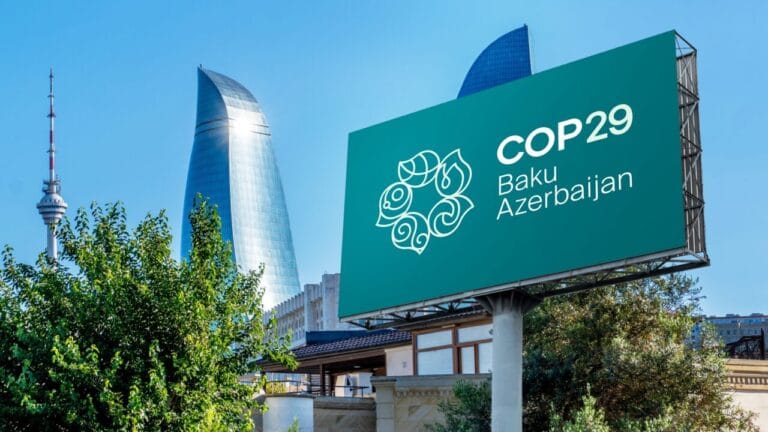Negotiations at COP29 are at an impasse, with a lack of clear agreements on climate financing just four days before the closing. Despite expectations, the summit has not reached a consensus on a quantified target, particularly the $1 trillion annually required by many stakeholders. Diplomatic tension is palpable, especially with the absence of French Minister for Ecological Transition, Agnès Pannier-Runacher, who chose not to attend in Baku following controversial statements by the Azerbaijani president.
On the G20 side, commitments are deemed disappointing. Heads of state did not send a strong political signal on reducing greenhouse gas emissions, despite global expectations. Environmental organizations remain vigilant, insisting on the importance of not signing a text that could harm the populations most affected by climate change.
Meanwhile, the lack of ambitious submissions of nationally determined contributions (NDCs) increases uncertainty. Few countries have updated their climate targets, and commitments remain vague, with notable differences in the approaches of the United States and China.
Ambiguity persists, and COP29 seems marked by the influence of fossil fuel lobbyists, notably present in large numbers in Baku. However, initiatives have emerged, such as a coalition of countries committing to increase renewable energy storage and actions against climate misinformation, particularly with the Global Initiative for Information Integrity. Nevertheless, these announcements are not enough to dispel concerns about the future of climate negotiations.


